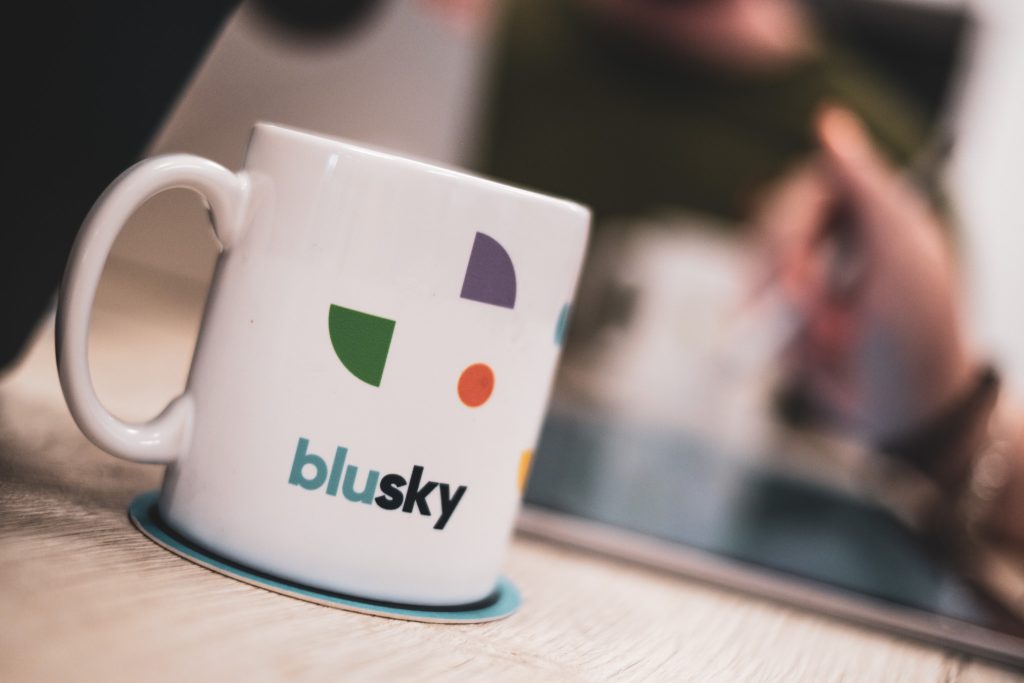The P11D is a form issued by HMRC.
It’s used by UK employers to outline the value of any taxable expenses or workplace benefits that’ve been given to employees throughout the year.
Some benefits are taxable through payroll, but for those that aren’t you need to let HMRC know. Depending on how you’ve given your employees benefits, you’ll need to either fill in a P11D form and a P11D(b) form or just a P11D(b).
You can complete the forms online or fill in a physical form and send it off in the post. Here’s everything you need to know about P11D forms.
What’s the difference between P11D and P11D(b)?
At the end of the tax year, if you’ve not given your employees benefits via payroll, you’ll need to complete a P11D form for each employee who’s received a taxable benefit. You’d then need to send a report on any Class 1A National Insurance you owe on the P11D(b) form.
If you have given your employees benefits directly via your payroll, you won’t need to fill in a P11D form. This is because your payrolled benefits are reported and taxed on a monthly basis. In this scenario, you do still need to report any Class 1A National Insurance you owe on a P11D(b) form.
What’s Class 1A National Insurance?
As an employer, you pay Class 1A National Insurance on expenses and benefits you give to employees. The rate you’ll pay will change on a yearly basis, you can head to the HMRC site to double check what it is currently. You also need to pay Class 1A National Insurance on lump sum payments, such as a redundancy payment.
What else do I need to know?
We’re often asked which type of benefits would need to be declared on a P11D form. It’s pretty much all benefits in kind (BiK). Benefits in Kind are all goods and services provided to an employee for free or at a greatly reduced cost. They aren’t given directly via payroll, some examples include:
- A company car
- Medical insurance
- Mobile Phone
If you’re still not 100% certain what classifies as a benefit or expense, check out this handy A-Z benefits and expenses guide.
As an employee, the taxable benefits may be offset against their PAYE code for the next tax year. Their tax-free personal allowance could be reduced so that HMRC can collect the tax due on the benefit from the employee.
As an employer you are responsible for letting your accountant know about all the benefits that could fall into the ‘benefit in kind’ category then we can accurately report it to HMRC for you. If you don’t know, always ask!
Who needs to complete the P11D form?
The employer needs to complete both the P11D and the P11D(b) forms, not the employee. If they are freelancers or contractors then they do it themselves.
When do you need to submit the P11D form?
It’s due to be submitted by 6th July following the end of tax year, and any tax due must be paid to HMRC by the 22nd July each year.
Is a P11D separate from a PAYE Settlement Agreement?
Yes they’re separate. A PAYE Settlement Agreement (PSA) allows you to make one annual payment to cover all the tax and National Insurance due on minor, irregular or impracticable expenses or benefits for your employees. Examples of these benefits include:
- Incentive awards
- Phone bills
- Staff entertainment
PSA’s can be beneficial to you if you provide regular staff events, as they allow you pay tax and class 1B National Insurance due on behalf of the employee in one easy payment.
If you’d like to set up a PSA, you need to apply to HMRC before the 5th July and clearly outline which expenses you’d like the PSA to cover. You’ll then need to submit payment by 22nd October.
If your PSA covers all the benefits and expenses you’ve given to staff within your tax year, you wouldn’t need to submit a P11D form.
I don’t offer many benefits, are they worth it financially?
Offering company benefits and expenses can greatly increase your employee satisfaction levels and the best news is, they don’t have to break the bank!
A great benefits package can help you attract and retain the best talent, so we really recommend that you make an effort. If you’re unsure what to offer, you could start by asking your team if there’s anything they’d like to see.
We’ve worked with many businesses that like to stand out and be different with their benefits packages, so if you do need some ideas (or any help with P11D’s) please feel free to give us a shout!



